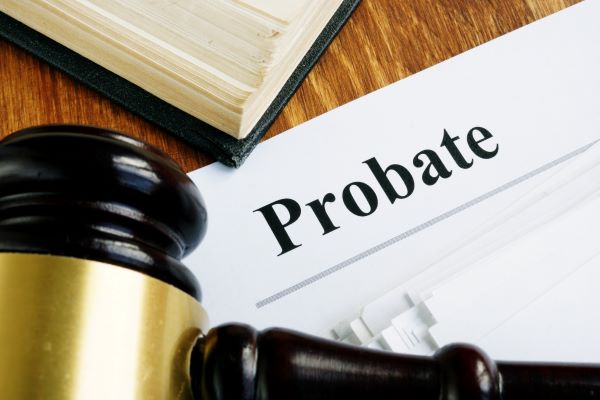Legal disputes arising during the probate process, the legal process of administering a deceased person's…

At Age 70, You Have Some Important Decisions to Make
Once you turn 70 years old, you have some critical decisions to make that will affect your retirement years. Here are some deadlines you won’t want to miss.
Sign up for Social Security. If you have delayed taking Social Security so you can receive the maximum benefit, now is the time. There is no advantage to waiting beyond age 70.
Start taking required minimum distributions from your tax-deferred plans. Uncle Sam says you must start taking distributions from your IRAs and other tax-deferred plans after you reach age 70 ½. If you miss this deadline or you don’t take out enough, there is a 50% penalty. (Exception: If you have money in an employer plan, you continue working beyond age 70 ½ and you own less than 5% of the company, you can delay your required beginning date on that employer’s plan until your actual retirement date.)
To determine the amount you must withdraw each year, divide the year-end value of your account by a life expectancy divisor found on a table provided by the IRS. (Most people will use the Uniform Lifetime Table, but if your spouse is more than 10 years younger than you, you will use a different one.) For example, the divisor for age 72 is 25.6. If your year-end account balance is $100,000, divide $100,000 by 25.6. The amount you are required to withdraw that year, then, is $3,906.25. You can withdraw more at any time, but this is the amount you must take out for that year’s required minimum distribution.
Minimum distributions are required for each tax-deferred account you own. Consolidating your accounts will make calculating and withdrawing distributions much easier.
Avoid taking two distributions in the same year. Generally, distributions must be taken by December 31 each year. However, you can delay your first required distribution until April 1 following the year in which you reach age 70 ½. But this would cause you to take two distributions in one year…April 1 for the previous year and December 31 for the current year…and that will increase your income, causing you to pay more in taxes. Remember, you have not paid income taxes on this money, so all withdrawals are taxed as ordinary income.
Review your estate plan and plan for long-term care. Now is the time to review your plan with your professional advisors. You may need to revise your will or trust, beneficiary designations, powers of attorney, and healthcare documents. Be sure to plan for the possibility of long-term care—consider options for how, where, and by whom care would be provided, and how to pay for the costs. If you want to conserve assets for your family, consider purchasing long-term care insurance to offset some of the expenses. Finally, have that difficult but critical conversation with your family about your wishes and the plans you have put in place. If you’d like to discuss your particular situation, please don’t hesitate to reach out. Please contact our New York office or New Jersey office at 732-972-1600.



